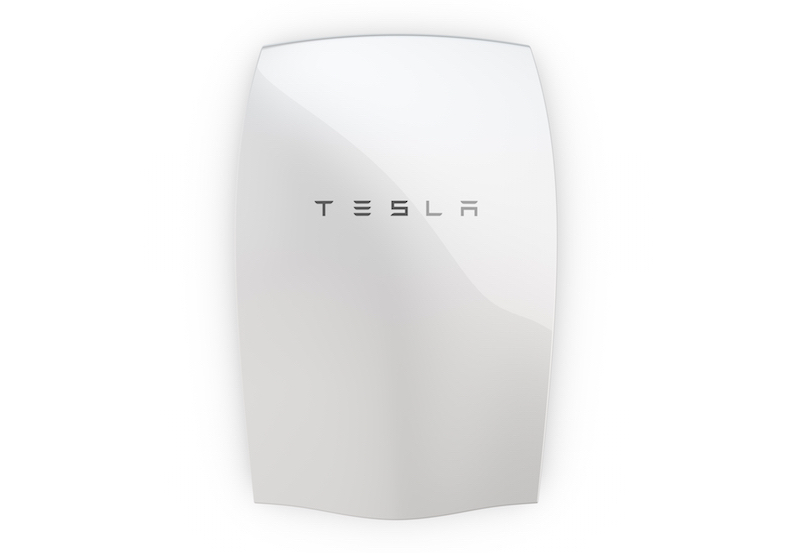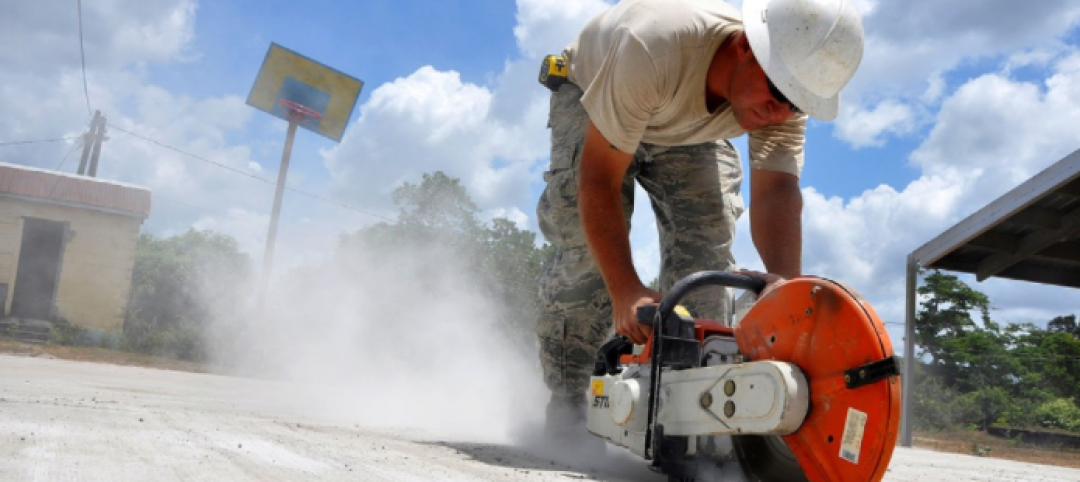A California developer believes grid-connected batteries represent the next step in advancing electric efficiency standards on its development portfolio.
The Irvine Co. and Advanced Microgrid Solutions recently installed 16 Tesla PowerPack battery systems at an office tower. It was the first installation in what will be a fleet of Irvine Co. Hybrid-Electric Buildings that will be used for grid support by Southern California Edison.
The hybrid-electric building, as an Irvine executive calls it, charges its battery system on off-peak hours and later discharges the battery during times of peak energy use. This reduces the energy drawn from the electricity grid during peak periods.
The result is lower electricity costs (10% savings or more) and a more stable and flexible electric grid. With large users drawing power from batteries during peak times, utilities can avoid starting additional power plants to serve peak loads, thereby reducing associated greenhouse-gas emissions.
Battery storage can also be combined with photovoltaic panels, providing additional cost savings and environmental benefits.
Related Stories
Codes and Standards | Sep 8, 2017
Los Angeles luxury high-rise is first U.S. apartment building to achieve WELL Multifamily certification
Hollywood Proper Residences have verified indoor air and water quality features.
Codes and Standards | Sep 7, 2017
More than half of Houston properties at high or moderate risk of flooding are not in FEMA flood zone
Properties outside of these zones are not required to carry flood insurance.
Codes and Standards | Sep 6, 2017
Seventy percent of contractors have trouble finding workers
AGC survey indicates that fewer companies may be able to bid on projects.
Codes and Standards | Sep 5, 2017
New CTBUH initiatives to investigate link between fire and façades
In wake of Grenfell tragedy, Council forms new workgroup.
Codes and Standards | Sep 1, 2017
U.S. markets with the largest hotel construction pipeline
New York has the largest hotel construction pipeline of any U.S. market.
Codes and Standards | Aug 30, 2017
Trump rescinds elevation requirements for federally funded buildings and infrastructure
Flood protection on subsidized housing, hospitals, and other public buildings rolled back.
Codes and Standards | Aug 30, 2017
Stormwater runoff mitigation pays off for some building owners
Rain gardens, green roofs, cisterns, and rainwater recycling add value.
Codes and Standards | Aug 28, 2017
Commercial properties address state carbon-reduction policies
EV charging stations, batteries, and microgrid technology are all part of effort to meet demand for cleaner power.
Codes and Standards | Aug 24, 2017
OSHA silica dust exposure enforcement begins Sept. 23
Vacuum dust collection, water-delivery systems, and respirators will be required.
Codes and Standards | Aug 18, 2017
Cool roofs may increase air pollution
California’s requirement for cool roofs on new non-residential buildings could promote smog.

















